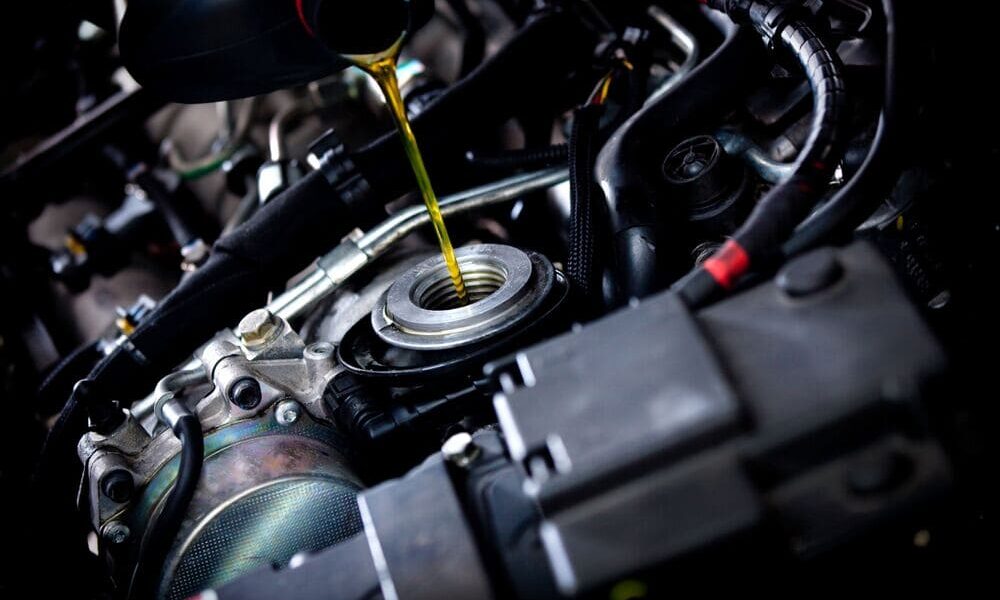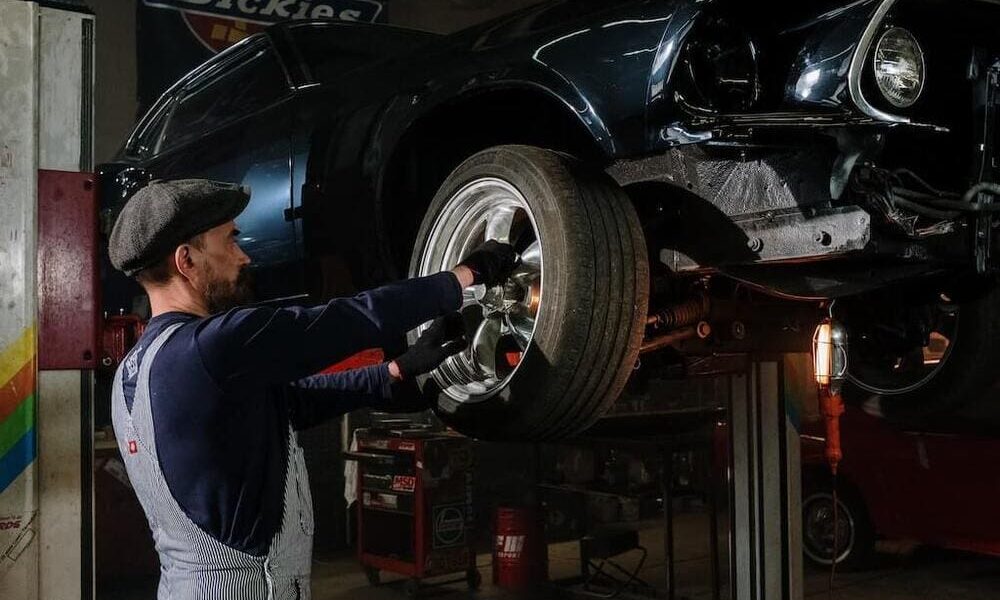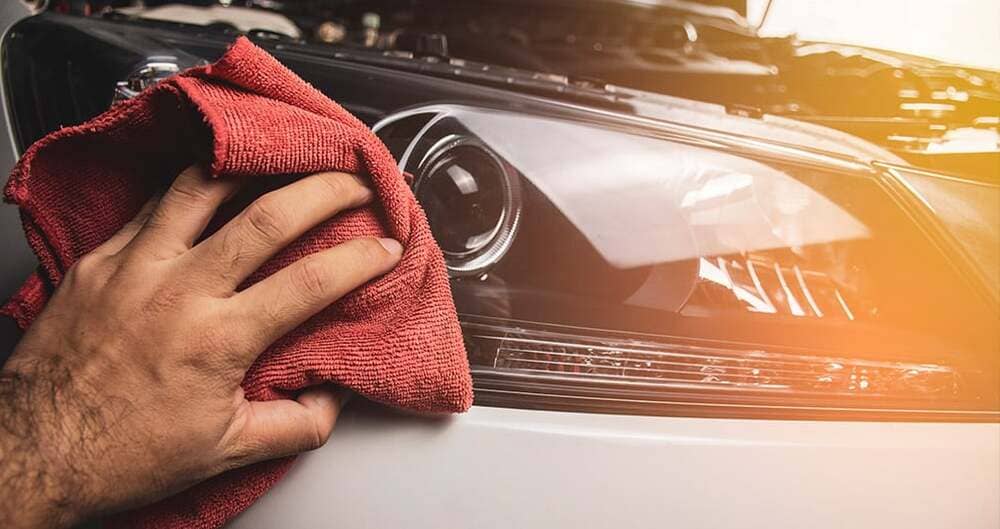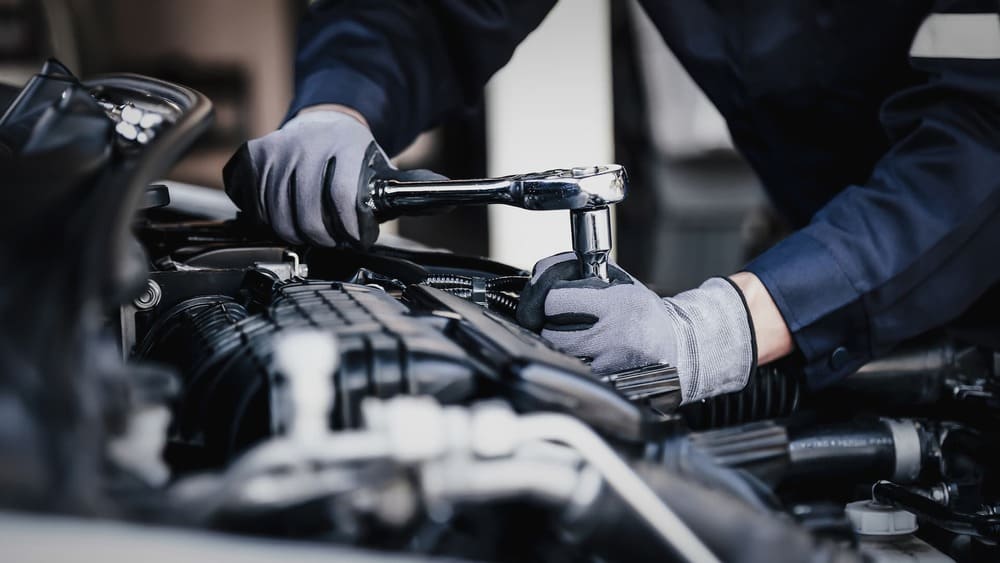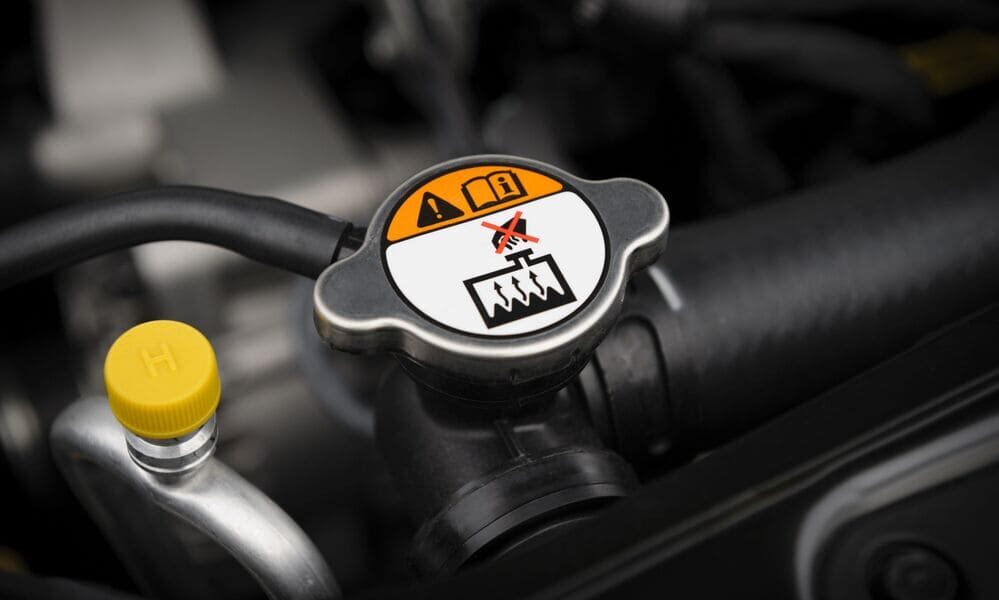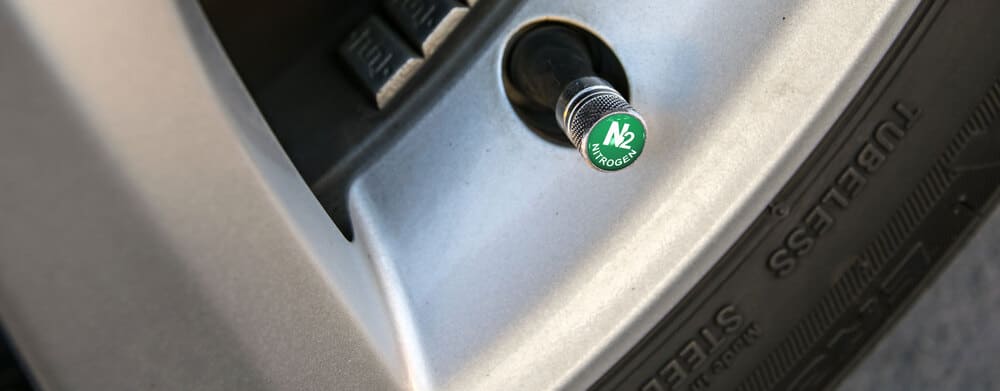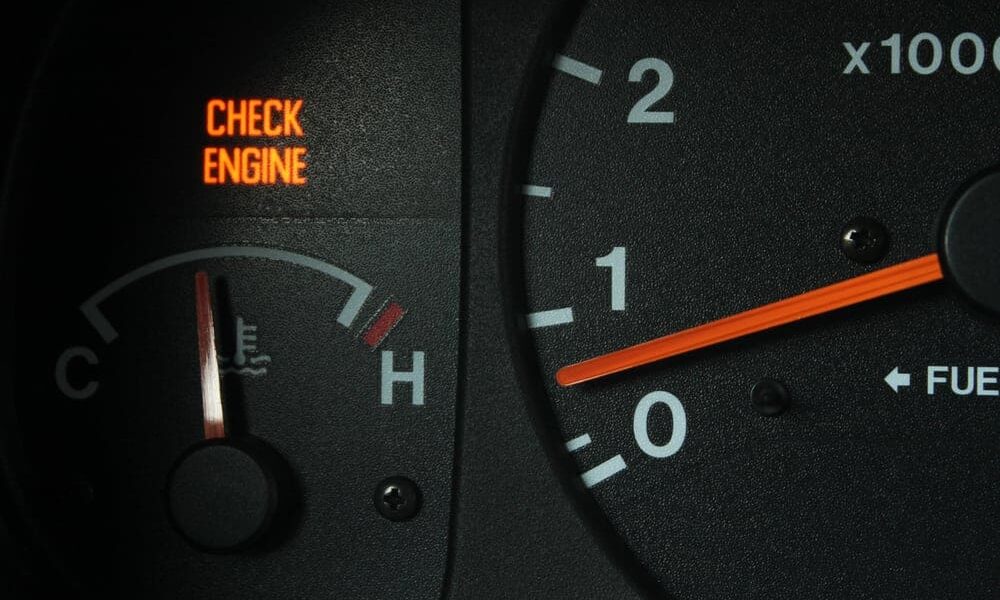
It’s a scenario that’s befallen drivers everywhere: They turn on the car and start to fiddle with the radio and the air. They glance left and right over their shoulders while buckling up to check whether they’re clear to back up. They put the car in gear, ease it down the driveway and go on […]

